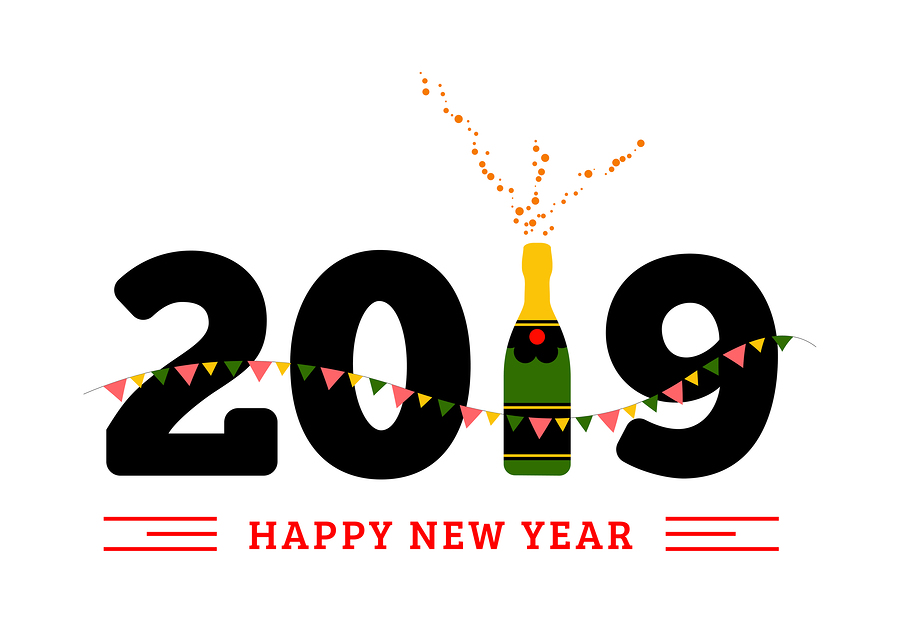Dorrie Rush

Dorrie Rush, Chief Content Editor of OEPatients.org
2019 Is A Year of Possibilities for People with Vision Loss
It is true, I do love a fresh new year brimming with promise. My optimistic outlook continues to center on the factor most impacting life with vision loss today, and that is accessible and inclusive technology. In terms of progress, last year was no slouch either, and it set the pace for more good things to come!
The momentum in everyday accessible technology has been building for more than a decade now. It started with Apple’s delivery of the iPhone in 2009, accessible out-of-the-box for people with low or no vision. All products that followed from Apple included accessibility by design. The paradigm was shifting. These developments significantly changed the direction of my life, I no longer felt technology was leaving me behind.
Last year we were the beneficiaries of a few big surprises coming from somewhat unexpected places.
Microsoft created two new important accessibility apps. Seeing AI is a smart camera with 9 apps in 1, and Soundscape is a “3D map with sound.” This delightful surprise extends even further, both apps are free and they were built exclusively for Apple’s iPhone. A magnanimous gesture by Microsoft, perhaps more will be revealed about this in the coming year.
I enjoyed every one of our accessibility events last year and delighted in the lively, sophisticated and always curious audiences. I’d have to say the most fun was our session on smart speakers. They are entertaining and incredibly useful in daily life. Smart speakers are being adopted at a faster rate than smartphones were, and they are especially popular with people visually impaired or blind. This is a category we will continue to pay close attention to.
At another event we applauded the proliferation of audio description, now available on demand for Broadway shows and at the movies. I love the voice that speaks quietly in my ear and fills in the details, I might have otherwise missed.
So, it’s pretty obvious why we should be enthusiastic about the coming year for inclusivity. Apple doesn’t like to say much about their developing technology, but there are reports and rumors that lead us to believe we may be seeing some smart glasses and even clothing designed for accessibility. Actually, I would not be surprised to find many variations of smart glasses showing up, and would expect they’ll begin shrinking to a more normal, wearable size, from the rather heavy visor like devices we saw last year.
We can look forward to new developments in navigating airports and shopping centers.
There is Aira to watch, a service that teams technology with the eyes of a live agent for reading, identification, travel, etc. IBM says it is close to making the NavCog, indoor voice activated navigation app, available to the public. Toyota has been working on Project BLAID, an indoor navigation device, for some time, maybe this is the year we’ll try it. Google’s app “Lookout” for object recognition, is anticipated any day now.
AI (Artificial Intelligence) is powering much of the progress. Our digital assistants and smart speakers will mature and become more intuitive and dependable.
As I write this letter, Google, Alexa, and Siri are all sitting on my desk, ready to assist whenever I ask. They’re excellent researchers, spellers, fact checkers, appointment schedulers, alarm setters, time tellers, and they have instant access to massive amounts of music. Like all assistants, these 3 were not created equal, they all possess their own individual strengths and weaknesses. We’ll definitely talk more about that as the year moves forward.
One thing is for sure, we have only just begun to tap the potential of what technology can do to empower people living and working with vision loss. Stay with us, as we report on an exciting year, packed with possibility!







